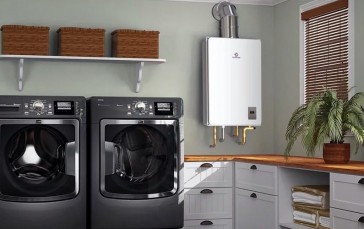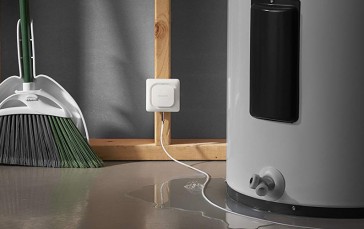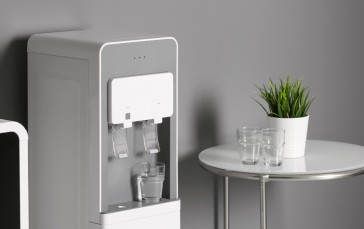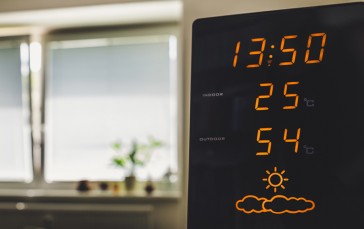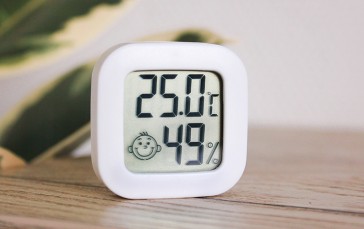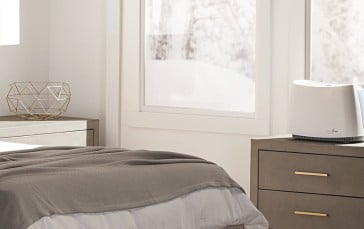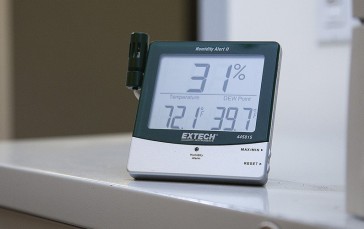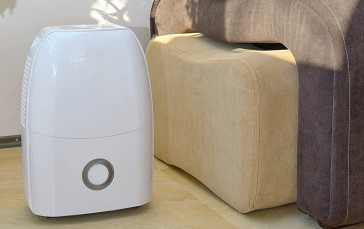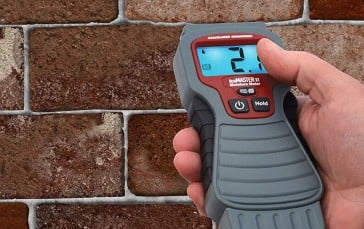Best Water Softeners in 2022
Water is the source of all life. The life-giving properties of H2O are so well known and documented; we don’t need to remind you of all the benefits. However, not all water is the same. By the time this ubiquitous liquid makes its way around the earth through the aquifers, into treatment plants, through your pipes, and past your lips, a lot can happen. Now that you’ve considered how far your water has to travel, you might be considering a water filter — but first, you need to determine if you need a water softener.
Remember this: there is no more and no less water on the planet than there was at the dawn of time. This liquid changes form over time, is in and out of systems, and there’s quite a good deal of it in your system right now. As water flows, it picks up minerals like calcium, magnesium, and many others that are both critical to your hydration but can be detrimental in excess. Beyond that, water that is too heavy can leave detrimental deposits and buildup in your pipes, faucets, and other alloy equipment in your home. Water softeners will give you the best water you can drink.
The Best Water Softener
1Whirlpool WHESFC Pro Series Water Softener
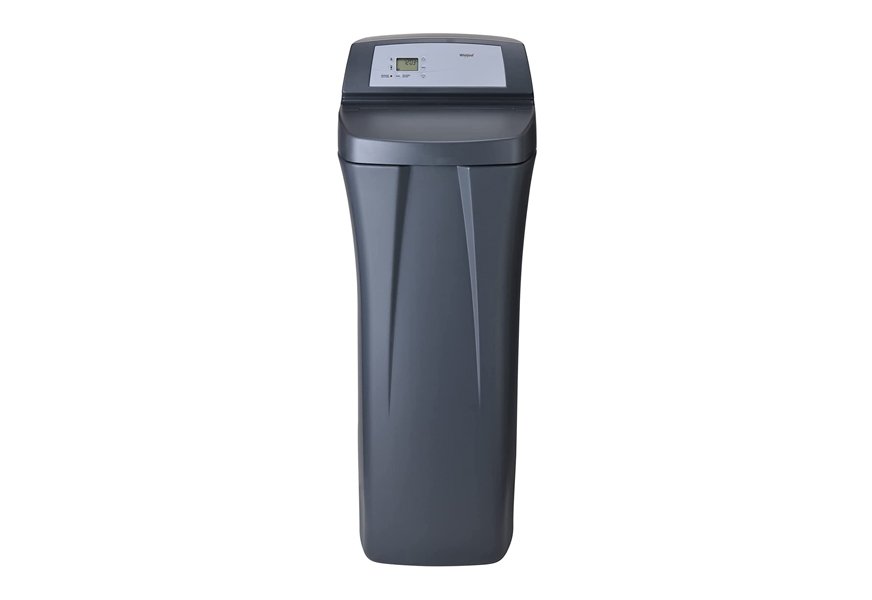
Whirlpool is a name consumers have trusted since 1911. This Whirlpool WHESFC Pro Series Water Softener is an excellent solution if you want to remove more than just mineral content from your water. This 2-in-1 system utilizes a single tank system and has a 31,000-grain capacity so it can run far longer than most systems before it regenerates.
This unit also ships with a built-in bypass valve and comes with a drain hose and installation hardware. For the absolute safety of your home, make sure to use one of these reliable water detectors.
Removes minerals and other contaminants
Above-average hardness removal capacity
Uses up to 25% less salt
Small footprint
Easy to read monitor
- BrandWhirlpool
- ModelWHESFC
- Weight112 Pounds
2Aquasana Whole House System Water Softener
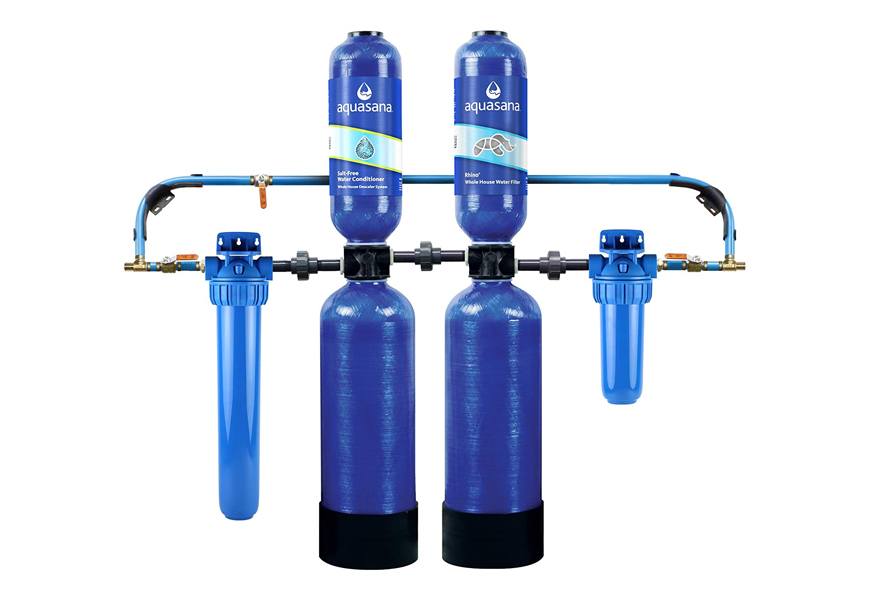
If longevity is what you are looking for the Aquasana Whole House System Water Softener System is a salt-free dual tank solution. The manufacturer claims that this unit is suitable for up to a million gallons of water or ten years, whichever comes first. Additionally, the filtering system can remove up to 97% of chlorine from your water.
Convenient installation is a consistent theme amongst the Amazon reviews. Aquasana includes a full installation kit and step-by-step instructions.
Removes minerals and other contaminants
Easy maintenance, no back-flushing needed
High-quality install kit
One million gallons or 10-year lifespan
Removes 97% of chlorine
- BrandAquasana
- ModelEQ-1000-AST-AMZN
- Weight23.2 Pounds
3Aquasure Harmony Series Water Softener
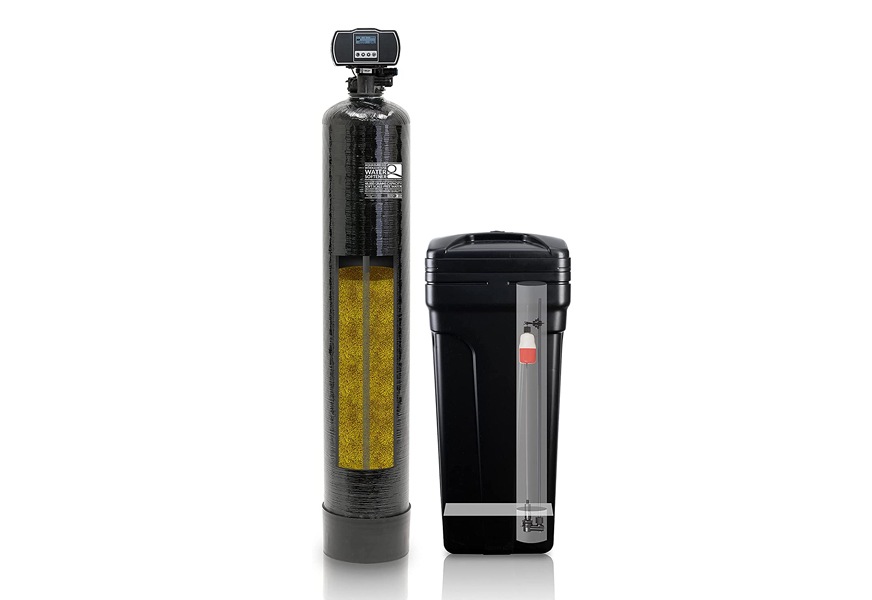
With a flow rate of 12 gallons per minute, the Aquasure Harmony Series Water Softener is ready to handle your highest flow environments. This unit has great ratings on Amazon, with some going even as far as calling it a “handsome unit.” Kidding aside, this system comes with easy to read installation and operation instructions, can handle very high flow rates, and is one of the more affordable units.
Included in this system is Aquasure’s High-Efficiency Digital Metered Control Head, which gives you a heads-up look at what’s happening with your water.
Three GP volumes to choose from
Built-in bypass line
Long brine line for durability
Fully customizable control head
- BrandAquasure
- ModelAS-HS48D
- Weight120 Pounds
4AFWFilters Iron Pro 2 Combination Water Softener

While most people want to ensure that their water is adequately soft, many have to worry about iron in their water. The AFWFilters Iron Pro 2 Combination Water Softener is a great solution for dealing with both of these issues. Rated to 64,000 grain, this softener is good enough for large households even in places where the iron content of the water is very high.
The Fleck 5600SXT Digital Meter is an excellent valve system that comes highly rated on Amazon. The meter features a bright LCD upfront for easy viewing and will help you closely monitor your filter’s health.
Water softener and iron filter in one
64,000 grain capacity with fine mesh resin
Removes hardness up to 75 GPG
- BrandAFWFilters
- ModelIRONPRO2
- Weight119.2 Pounds
5YARNA Capacitive Electronic Water Descaler System
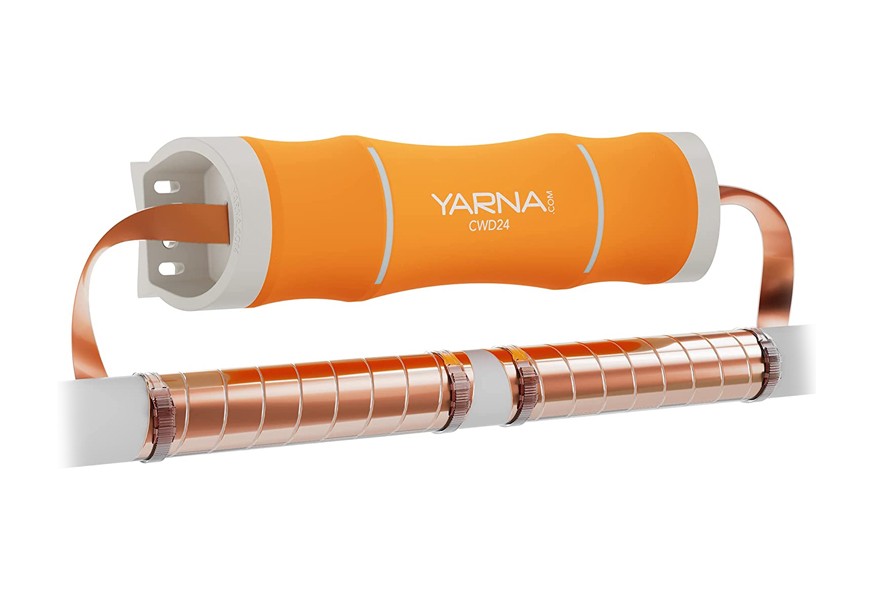
If descaled water is more your taste, we’ve got a great option for you. The YARNA Capacitive Electronic Water Descaler System is as effective as it is colorful. This setup is easy to install and requires zero tools to tap into your home’s water supply. If you do ever have any issues with the system, Yarna offers a 10-year service plan. Beyond just the looks, easy install, warranty, this system comes with a 365-day money-back guarantee.
For more efficient household devices, browse our list of top smart toilets.
Treats water with electric pulses, no salt necessary
Tool-free installation
365-day risk-free guarantee
Works with any pipe
10 years free service
- BrandYARNA
- Weight1.25 Pounds
6iSpring Whole House Electronic Descaler Water Conditioner
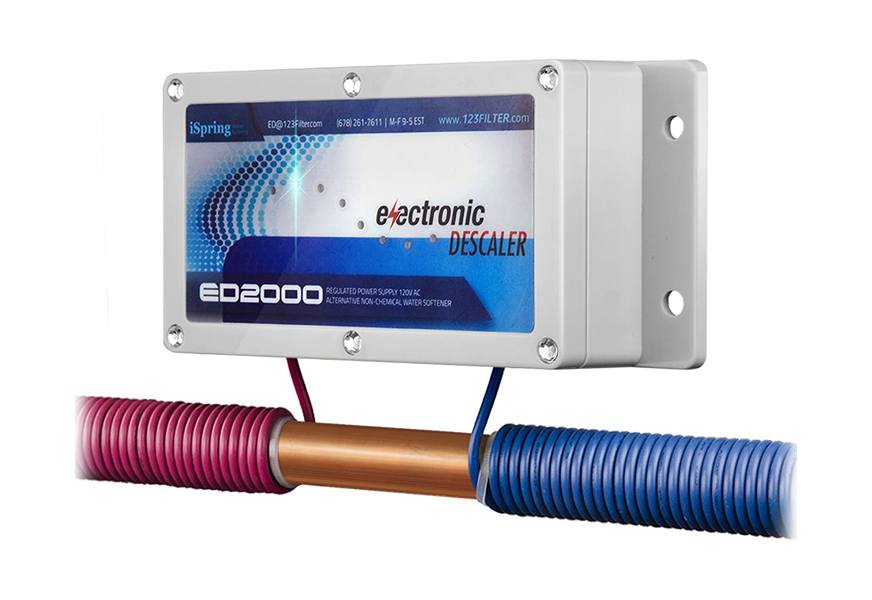
The iSpring Whole House Electronic Descaler Water Conditioner is a great alternative to the salt-based purifying systems. This particular setup utilizes two antennae cables around the water tubes and blasts the water to treat existing minerals that are present in up to 85% of America’s home water systems.
Treats water with electric pulses, no salt necessary
Designed for very hard water
Tool-free installation
- BrandiSpring
- ModelED2000
- Weight2 Pounds
7FEELSO High Pressure Filtered Showerhead
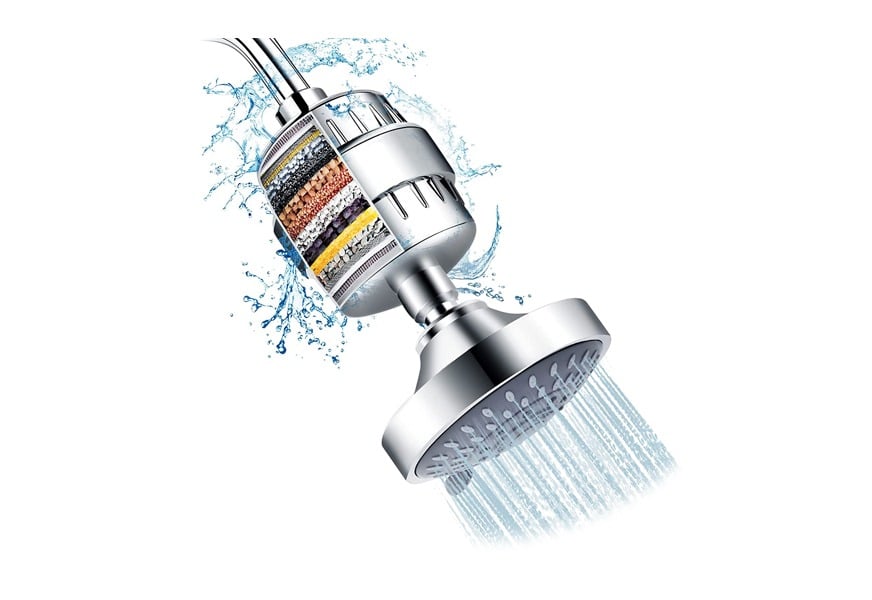
If your shower is the primary source of your hard water problems, this shower head modification might be the trick for you. The FEELSO High Pressure Filtered Showerhead is a multi-stage filtering system that ensures that all of the bad stuff is filtered, and all the goodness of clean, soft water comes out. This system reduces chlorine level, disinfects water, and removes odors. With five different spray patterns, this is a great showerhead for the whole family.
Decalcifies shower water while you wash
Includes five spray modes
Installs in minutes
15-stage filter
Adjustable filter strength
- BrandFEELSO
- Model21651
- Weight1.45 Pounds
8YARNA Capacitive Water Descaler System
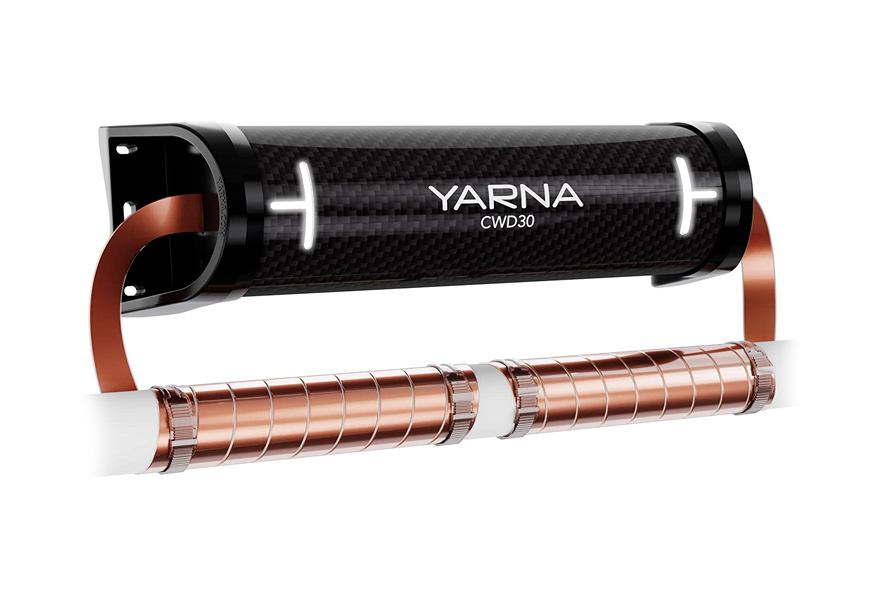
For larger households that prefer descaling instead of salt-based softeners, YARNA Capacitive Water Descaler System can accommodate a 2-inch pipe for serious water flow. Yarna has built this system in a way that anyone can install with zero plumbing experience. If for any reason you aren’t satisfied, the manufacturer offers a 365-day risk-free guarantee.
2- and 4-inch pipe options
Carbon fiber enclosure
Tool-free installation
365-day risk-free guarantee
10 years free service
- BrandYARNA
- Weight1.6 Pounds
9AFWFilters AFW Filters IRON Pro 2 Combination Water Softener
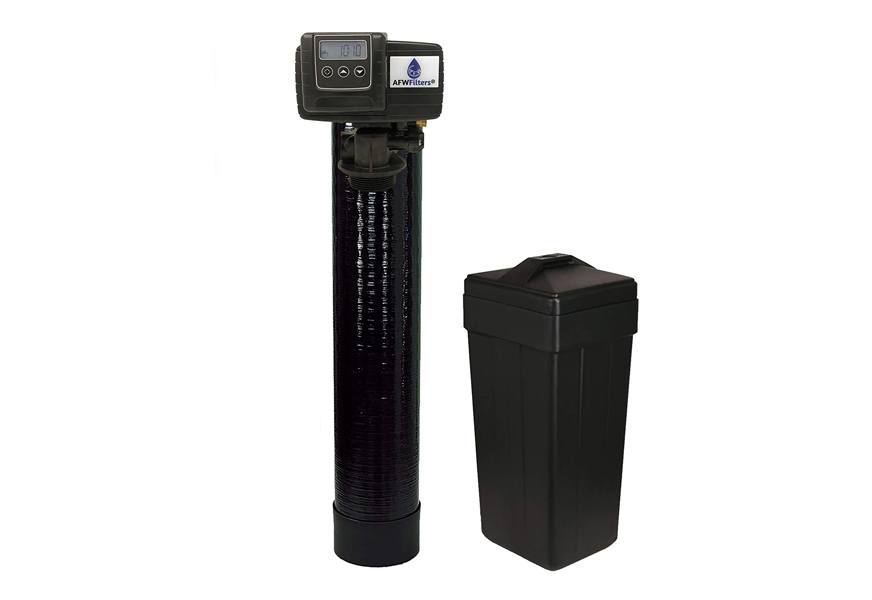
If your house has ferrous (clear) iron in your water, this softener plus iron filter is a great option for you. The AFWFilters AFW Filters IRON Pro 2 Combination Water Softener not only holds a 64,000 capacity, it also features a self-managed regenerative system. So instead of setting a timeline, your system does the work for you.
For more water-saving products, check out these modern bidets from our list.
Ships with pre-loaded filter
Water softener and iron filter in one
Built-in bypass line
16 gallons per minute flow rate
- BrandAFWFilters
- ModelIRONPRO2
- Weight95 Pounds
10GE Appliances 30400 Grain Water Softener
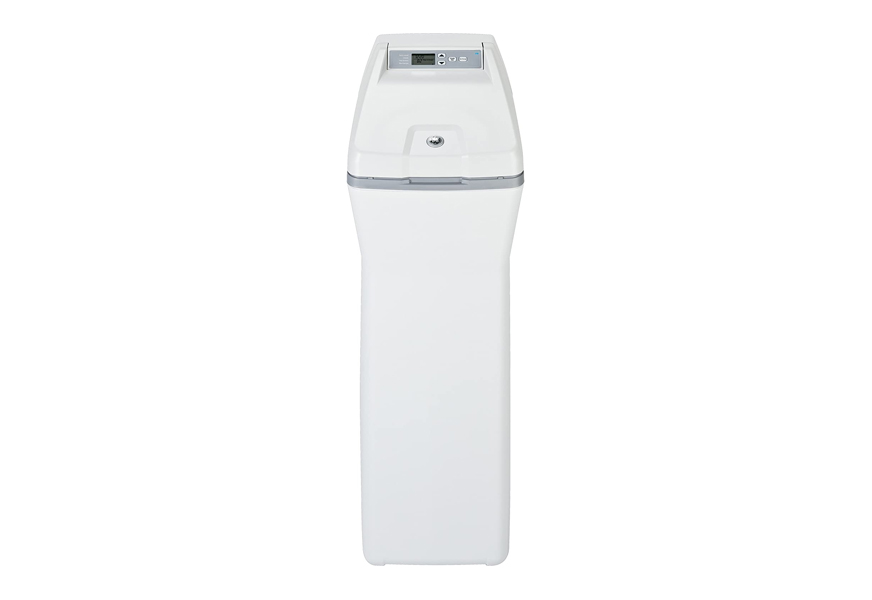
If cleaner dishes, spotless sink fixtures, and better feeling skin is important to you, the GE Appliances 30400 Grain Water Softener is a great option for your household. Customers loyal to General Electric will appreciate adding this high flow, low footprint water softener to their appliance lineup.
Easy to use electronic controls
Compatible with 1-inch plumbing
Wastes up to 20% less water
- BrandGE Appliances
- ModelGXSF30V
- Weight80 Pounds
11On The Go Double STD Water Softener
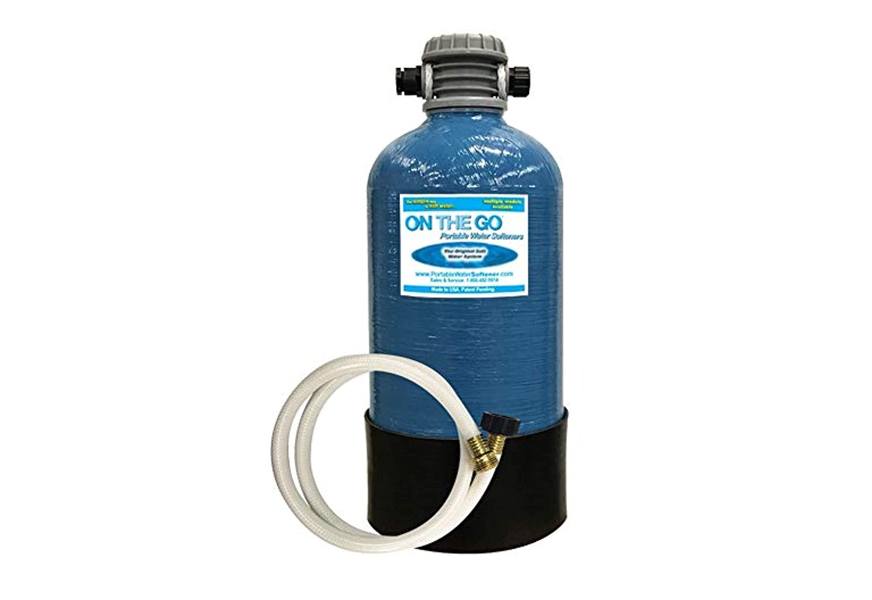
If you need a portable water softening solution, the On The Go Double STD Water Softener is here for you. Whether you need to improve the water quality of the shower in your camper or your portable car washing tank has too much mineral content, the On The Go Double STD can help fix those problems.
Available in brass or plastic fittings and offering a grain capacity from 8,000 – 16,000, this tank weighs just 32 pounds and won’t slow you down.
8,000 – 16,000 grain capacity
Brass and plastic fitting options
Small and portable
- BrandOn The Go
- ModelOTG3NTP1DS
- Weight32 Pounds
Water Softener Buying Guide & FAQ
Features to Look for in Water Softeners
Everyone's house is different, and the total amount of water that flows through your place isn't entirely dependent on its size. Many factors contribute to the decision-making process of purchasing a water softener, and you should do the research before a plumber or builder hard sells (get it?) you on the device they're pushing. Read through our list below carefully as these are the most common factors that you should consider when making a purchase this important.
Capacity – First, keep in mind that you do not need a water softener for your garden. In fact, removing the minerals from garden water will inhibit the growth and stifle all the hard work you've put into your lawn and beyond. So, you need to evaluate your household's water usage without lawn care in mind.
If you really want to get technical about this — and you should because buying the wrong size softener could be costly — you'll need to pull out your most recent statement from the water company. Determine how many gallons you use daily, and try to find an average over the year if possible. Then, jump to the map on this page (titled "Your Area's Water Hardness"). And from that data, determine what your GPG measurement is in your area.
Now, simply multiply your GPG by the average amount of gallons of water your home consumes per day. Voila, you have your first data point for the size of the water softener you need for your home. Water softeners range from 32,000 to 64,000 GR. Beyond that, you just begin to use extra units to filter more water. A licensed water softener installer could easily advise you on just the right unit, but for the purpose of ordering one online, follow the simple instructions above.
A Bypass Valve – A bypass valve is a common feature built into many plumbing fixtures. This one-way valve is a tool for redirecting water (or any fluid) when someone needs to do maintenance. In the case of a water softener, you may need to replace something on the unit. Installing a bypass valve will allow you to keep the water running in your home while a technician replaces or fixes the unit.
A bypass valve is an option that you can decide upon at the time of installation, but we highly recommend the addition. Typically, bypass valves are very cheap and can alleviate some real headaches if something goes wrong, or when it's time to finally replace your unit.
Regeneration Cycles – Inside your water softening unit are tiny little beads that catch calcium and magnesium as it passes through the unit. These beads are actually doing all the hard work, hanging on to all that excess mineral material. Occasionally, your water softener needs to give those beads a good cleaning, referred to as a 'regeneration cycle.'
This cycle occurs due to one of two triggers: the household's water usage rate or an integrated timer. When appropriately-sized for your household, a softener will regenerate about once per week. Softeners that regenerate on an as-needed basis do so by monitoring the density of the caught minerals and flushing them when it's time.
After the installation of your water softener, you'll want to get accustomed to the regeneration cycle. Doing so will help you keep a closer eye on the health of your system. If the regeneration cycle seems off, don't panic. Potentially, your household is using less water than usual, or you've accidentally changed the regeneration cycle manually. Both may be explanations. If you are using a salt-based softener, then there's a good chance you need to refill the salt pellets, so start there.
Types of Water Softeners
Salt-Based Softeners – Salt-based softeners are the traditional system used in many households in the US. They are incredibly efficient and offer long-term reliability so long as the homeowner keeps an eye on the softener's sodium levels.
- Pros - Removes hard water minerals entirely; Lasts a long time.
- Cons - Requires regular upkeep; Need to buy salt consistently.
Salt-Free Water Softeners – Instead of stripping the water of its minerals through ion-exchange like a salt-based softener, the salt-free softener neutralizes them. These systems cost more upfront, but because they don't require the upkeep of a salt-based system, you will save money in the long run.
- Pros - Maintenance-free; No added sodium in the water; Can filter out other impurities
- Cons - Much more expensive; Doesn't remove hard minerals, just neutralizes them.
Dual Tank Water Softeners – Dual water softeners use a resin system to attract hard water. As the water circulates in a tank, the minerals stick to the resin and then flow into the holding tank. The advantage of a dual tank softener? With two tanks flowing, the holding tank is always full of fresh water.
- Pros - Faster regeneration; Water always available in the holding tank.
- Cons - Expensive; Takes up more space.
Magnetic Water Descalers – Magnetic descalers use very large and powerful magnets to attract the minerals and other impurities out of the water before it hits your pipes. This system is said to be less effective than others, but some like it considering there's no added salt or other added materials in your water.
- Pros - No addition of sodium to drinking water.
- Cons - Does not remove as many impurities as other systems.
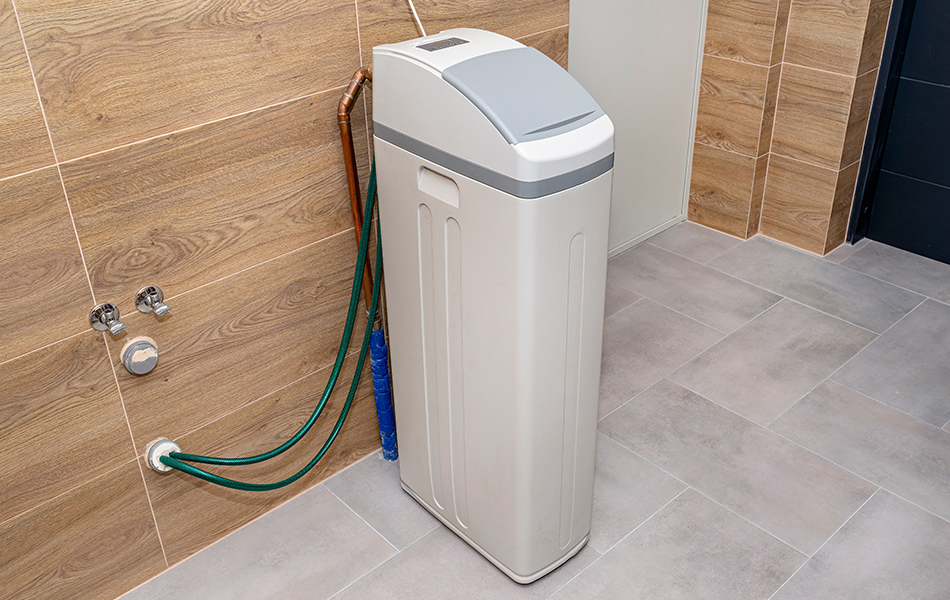
Water Softener FAQ
Q: What is hard water?
A: Hard water is simply H20 that has picked up minerals during its travel through the ground. Often the places with the hardest water are those where very dense rock formations lie below the surface. The rock leeches minerals into the drinking water, minerals which then arrive at your house. This leeching is the reason for water softeners. Some amount of mineral content in your water is critical for hydration. Still, too much can lead to delirious health effects and unsightly mineral deposits on the alloy of your kitchen and bathroom fixtures.
Q: How do water softeners work?
A: There are many types of water softeners, some more effective than others. The most common and long-standing softener systems utilize salt, whose positively charged ions cling to minerals. As water passes through the filter, the salty beads inside the tank attract the minerals and hold onto them as the water passes into the holding tank.
In salt-free systems, the minerals pass through the system but are neutralized by a salt-free softener. Dual tank softeners work similarly in that they use a neutralizing tactic, but with a double tank, there is always built up water in reserve. Magnetic softeners use magnetism to attract grain-sized particles of minerals out of the water.
Q: How long do water softeners last?
A: A good water softener can have a lifespan of 10 to 20 years. This time span depends on the amount of water that flows through the system over time and the maintenance schedule. If you buy a water softener that is just barely big enough for your household, the unit will struggle to keep up with your demands, so err on the bigger side if there is some concern about your water usage going up over time.
Q: Why do you need a water softener in the first place?
A: 85% of the United States has some level of hard water. In the deep interior Heartland of the US, you'll find the hardest water of all due to the mineral-rich rocks buried deep under the soil. If you live in a place where your water has a higher mineral content level or is considered a hard water zone, you'll want to consider softening the water. The main reason for this is to ensure that the fixtures and pipes in your home do not collect calcium buildup.
While this buildup can be unsightly, it can also cause problems with the water flow. If buildup becomes too significant, it can drastically cut down on the water flowing through your pipes. This corrosive material can also build up, and break down, your fixtures and leave you with rusty metal that will need replacing.
Q: How do I install a water softener?
A: Call an installation specialist. We kid, we kid! If you're a DIY'er and want to tackle this fairly simple process yourself, just following these six easy steps: 1. Turn the water supply off at the main (your whole house will be without water during this process, by the way). 2. Drain the water lines that will be connecting to your water softener unit. 3. Make the proper connections, following your water softeners instructions. This is also the moment where you'll be connecting a remote bypass (highly recommended). 4. Fill the brine tank if you are using a salt-based softener. 5. Ensure that the bypass is set to its closing position. 6. Complete the startup procedure as outlined in your water softeners manual. You're done!
Sources:
- Water Softening Systems: What Every Homeowner Should Know – Horizon Service
- What You Need To Know About Water Softeners – Consumer Reports
- 7 Signs Your Home Needs A Water Softener – Bob Vila
- Is A Water Softener A Good Investment – Realtor.com
- History of Water Softeners & Why They Work – Harris Plumbing
- Is Hardwater Dangerous to Drink? – McGill
